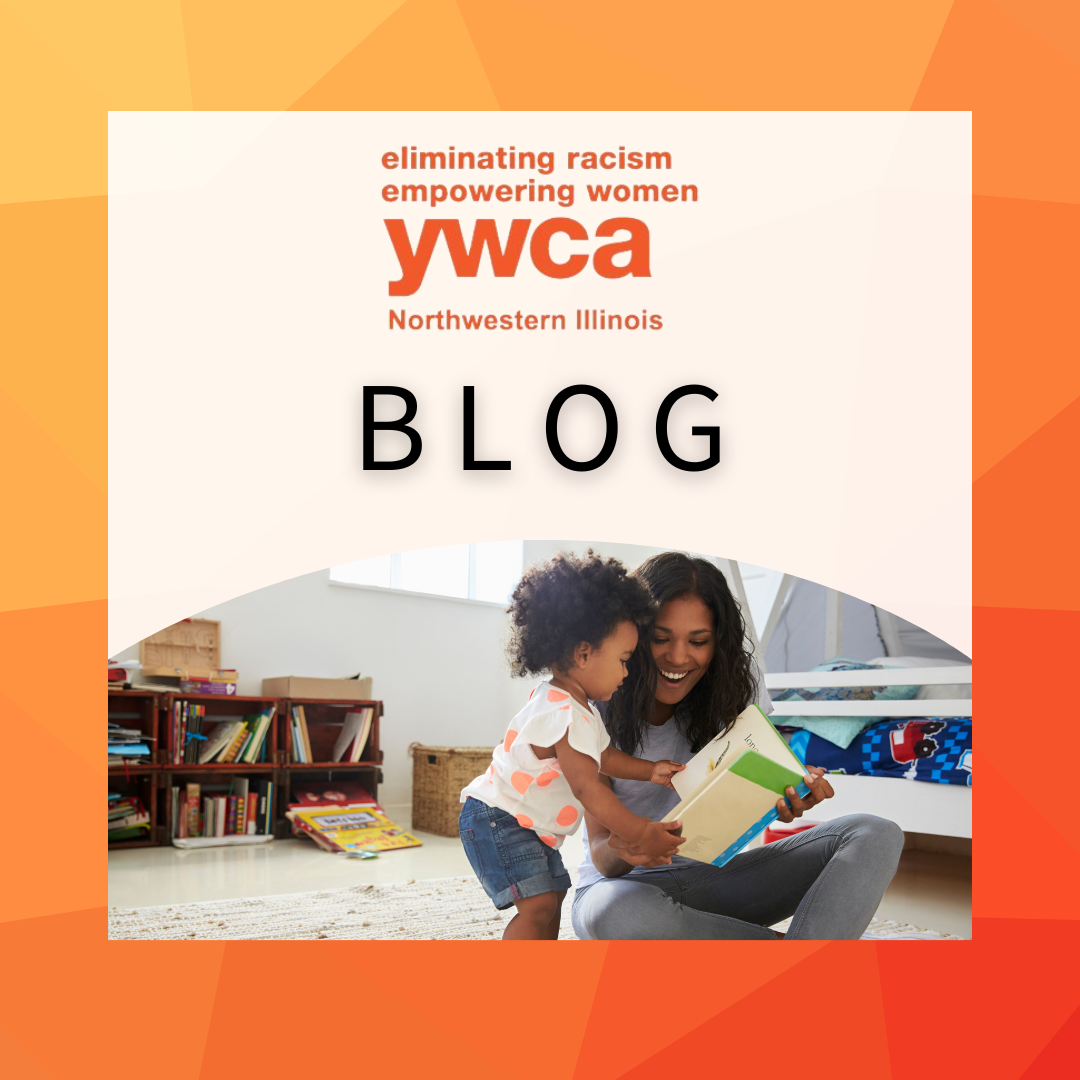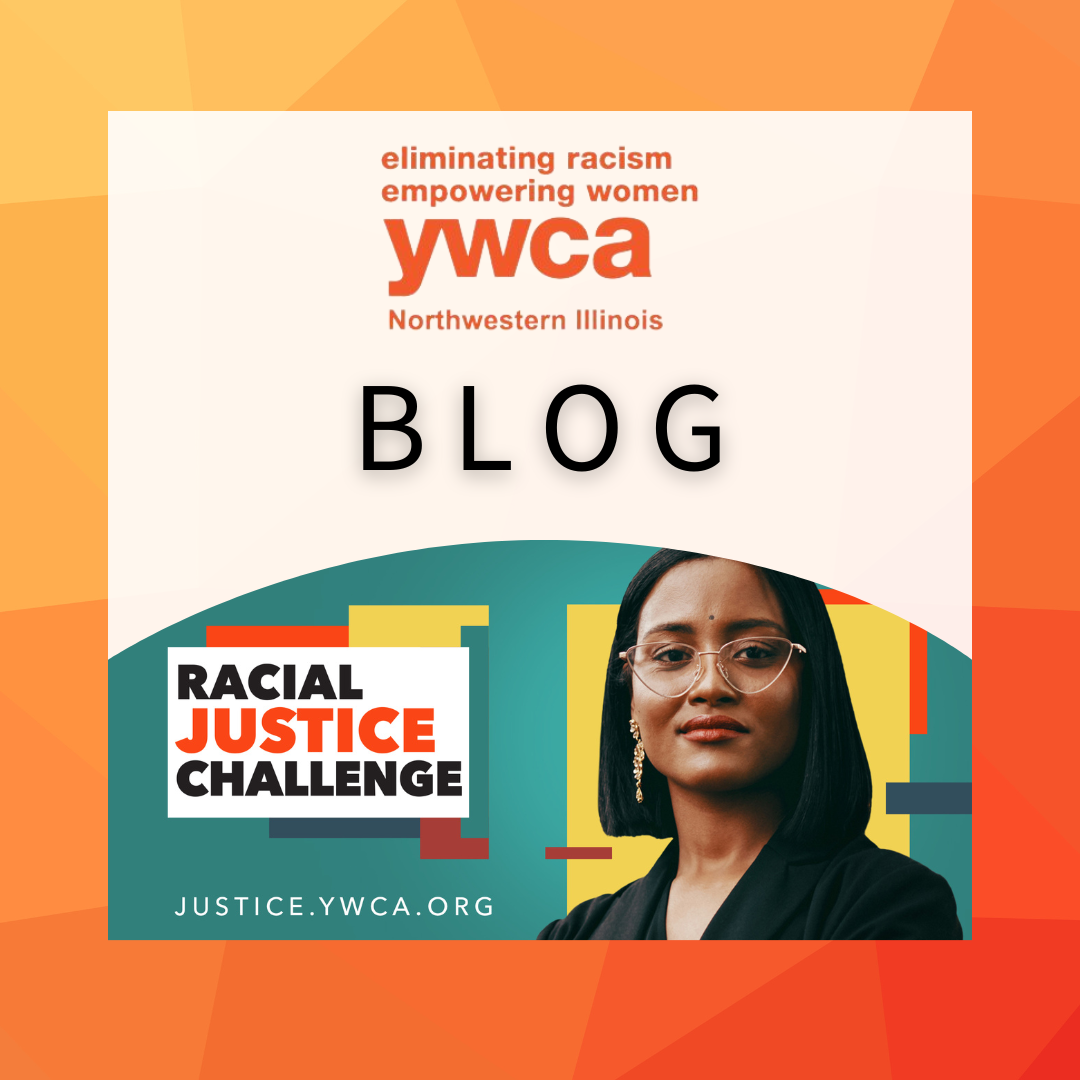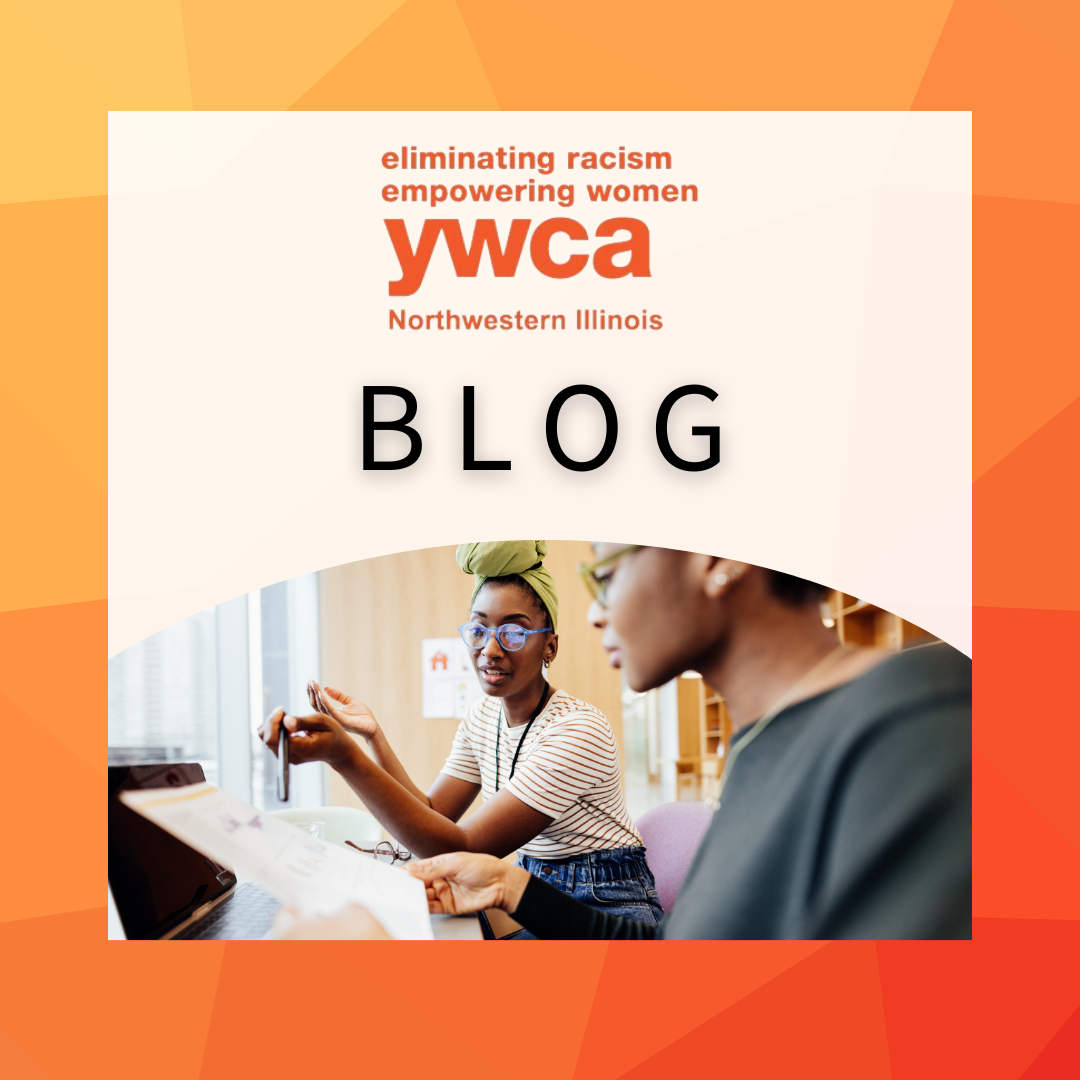Did you know that a mother’s reading level is the greatest determinant of her child’s future academic success, outweighing other factors like neighborhood and family income? According to the National Institutes of Health, improving the mother’s reading skill can overcome the disparity in academic achievement between children in poor and affluent neighborhoods.
Reading and writing are fundamental skills that begin to develop well before a child enters a traditional school setting, and family literacy programs aim to give children the tools they need to succeed academically while also fostering emotional and social intelligence.
Research supports the idea that children who participate in family literacy programs with their parents perform better on standardized tests, and while tests are not the only way to measure a child’s literacy, these programs are designed to give children a head start in learning. Not only do family literacy programs have significant effects on a child’s success, they can also be very beneficial to parents as they continue their learning journey in literacy as well as parenting skills.
Family literacy is celebrated every year in November for National Family Literacy Month. It is a time to recognize how integral literacy skills are to the whole family unit and how literacy inside the home can improve the lives of parents, children, peers, and colleagues.
YWCA Northwestern Illinois offers literacy services to adults in Winnebago, Boone, and northeast Ogle Counties. Adults can enroll in English as a Second Language (ESL) classes, as well as one-on-one tutoring in reading and writing. We asked some of our students and learners about literacy and what it means to them. Here are their answers:
“What does literacy mean to you?”
- “To be able to read letters, read, and to speak.”
- “The process of learning reading and writing.”
- “Literacy is good because everyone can go to school and learn.”
- “Literacy opens doors. It gives you opportunities for jobs.”
“What does family literacy mean to you?”
- “It can prepare you for a better life.”
- “My son and daughter-in-law speak English. When we eat together, sometimes we lose communication, but we also learn.”
- “My mother said she didn’t go to school. When I moved here, I sent her money, but she didn’t know how to accept it. At 50, she went to school to learn how to read so she could do more things. Parents show their kids that learning is good.”
- “Parents need to help their kids to learn.”
“When you were growing up, what was your favorite book or story?”
- “Cartoons! Bugs Bunny, Thundercats, Tweety Bird and Sylvester.”
- “Lassie—sometimes Lassie got lost. Sometimes she helped find lost people.”
- “The Little Prince.”
“How can we get children interested in reading?”
- “Read books to them.”
- “Give them books for them to read.”
- “We watch TV with them to show them things they can learn.”
- “Play and speak to them.”
- “My parents read stories to me about church.”
- “In Tanzania they give children books.”
- “Parents can do activities that engage children like painting, reading, and speaking.”
This year for National Family Literacy Month, we encourage you to think of ways that literacy has helped you in your life. Explore opportunities for getting your children and family interested in reading by going to a local library branch. Most importantly, don’t forget to advocate to your local lawmakers for literacy services in your community. Increased access to literacy services means that everyone in our community has a better chance at success!
For more information about family literacy instruction and programs, visit some of these resources:
- The National Center for Families Learning (NCFL)
- NCFL’s 30 Days of Families Learning Together program
- Reading Rockets
- Colorín Colorado’s Multilingual Video Series
From all of us at YWCA, Happy National Family Literacy Month!
-Sarah Catalfu, YWCA Northwestern Illinois Literacy Council Literacy Coordinator




